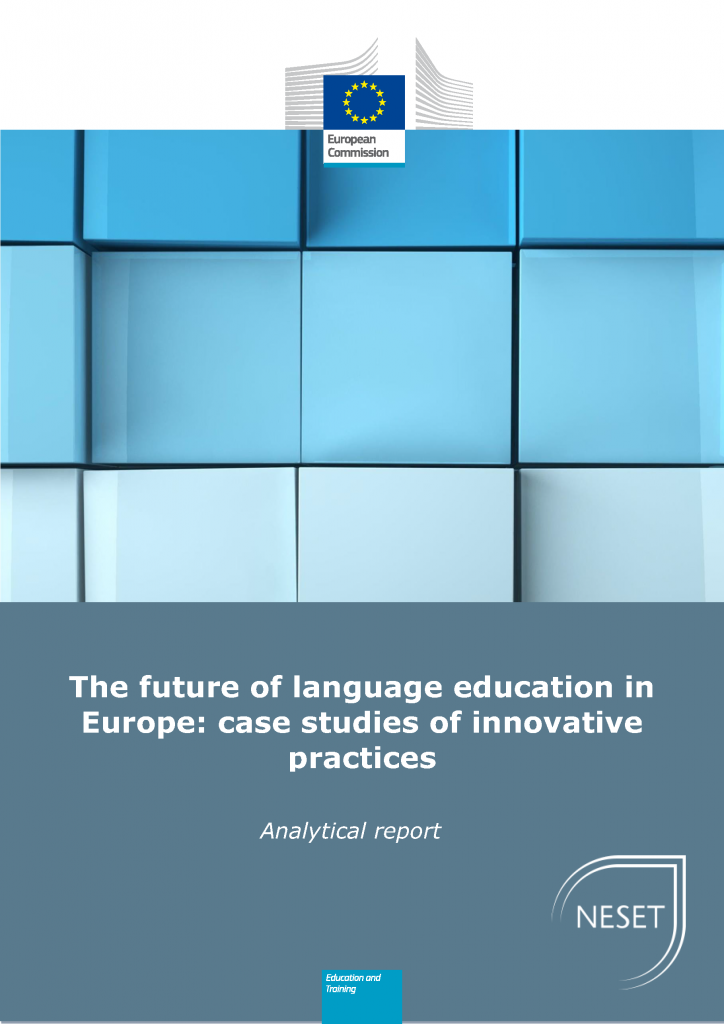In the context of the COVID-19 pandemic, we have seen the importance of the capacity of schools and families to use the potential of digital technologies to ensure learning continuity (in case of disruptions of formal learning), but also enhance inclusion. The use of digital technologies in language learning provides opportunities to foster plurilingualism in a diverse classroom through the integration of students’ home language(s) into instructional practices. In addition, digital technologies can become tools enabling teachers to support all students in a multilingual classroom setting, as they may not speak all (or any) of their students’ home languages.
In this webinar, we will further explore how online language learning tools can be used in multilingual settings and help multilingual children succeed, featuring the instructional tool Studi/Binogi as an example.
Dr. Emmanuelle Le Pichon-Vorstman is Assistant Professor at the Ontario Institute for Studies in Education of the University of Toronto, head of the Centre de Recherches en Éducation Franco-Ontarienne (CRÉFO). From 2006 onwards, she has worked at the Utrecht Institute of Linguistics at Utrecht University, in the Netherlands. Since 2009, she has led several projects on the inclusion of minority students in education. Emmanuelle works as a consultant, researcher, evaluator and reviewer for several international organisations and international journals. Her keen interest in migration policy has led her to conduct research studies on issues related to multilingual education, particularly on the education of newly arrived migrant students in Europe and in Canada and indigenous pupils in Suriname in collaboration with the Rutu Foundation. Emmanuelle‘s research expertise and interests relate to educational linguistics, linguistic diversity, education rights of linguistic minorities, migration and mobilities, inclusive education, language learning and teaching, and metacognition.
Dr. Jim Cummins is a Professor Emeritus at the Ontario Institute for Studies in Education of the University of Toronto. He has also served as an adjunct professor at Åbo Akademi University in Finland (2016-2019). His research focuses on literacy development in educational contexts characterised by linguistic diversity. In exploring ways in which students’ multilingual repertoires can be mobilised for learning within the classroom, Jim has worked actively and collaboratively with educators to document promising instructional initiatives. His published work includes numerous articles and books that examine the nature of language proficiency and its relationship to literacy development, with particular emphasis on the intersections of societal power relations, teacherstudent identity negotiation, and literacy attainment. A central theme running through his scholarly work has been that educators, individually and collectively, who aspire to reverse patterns of underachievement among minoritised students must be prepared to challenge patterns of coercive power relations operating both in the wider society and in schools. Jim is the recipient of honorary doctorates from the Bank Street College of Education, New York City (1997), Hedmark University College, Norway (2014), the University of Athens (2017), and the University of the Aegean, Rhodes, Greece (2017)



